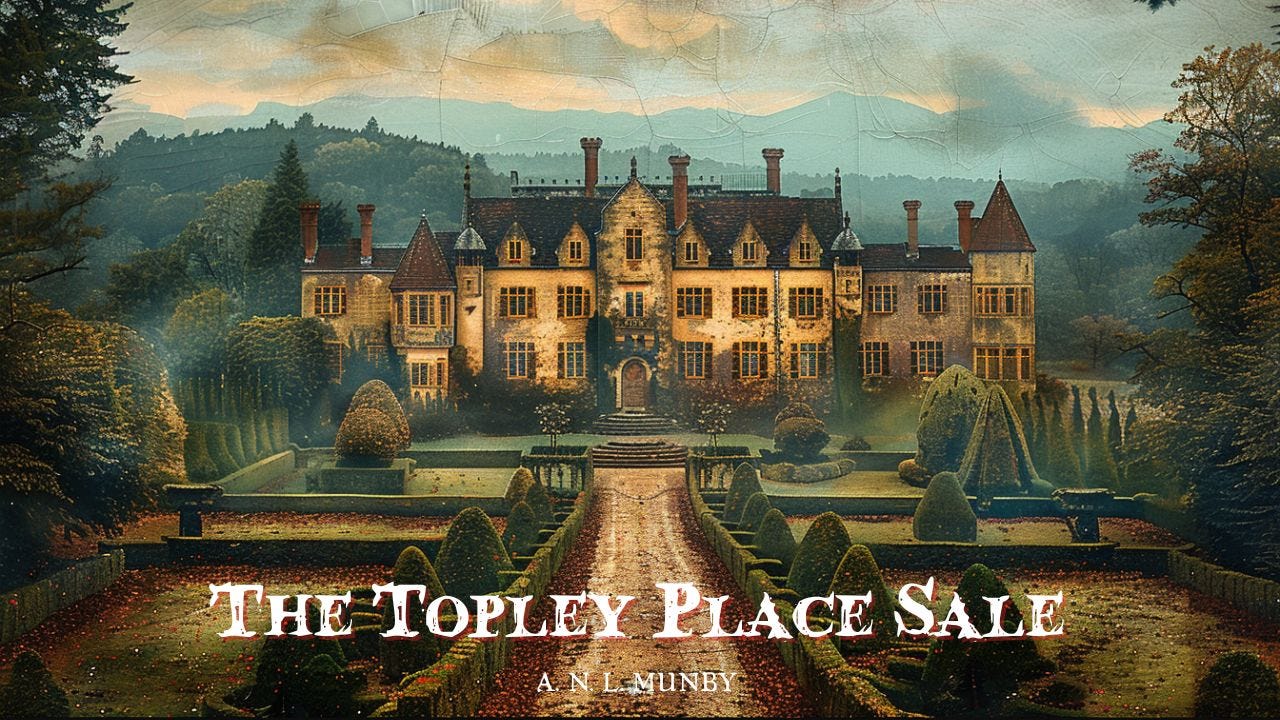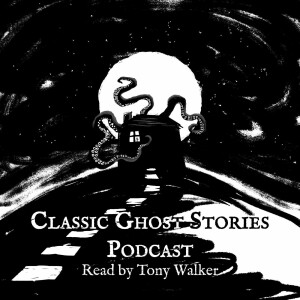
Alan Noel Latimer Munby (25 December 1913 – 26 December 1974) was a distinguished English librarian, bibliographical scholar, and book collector, noted for his contributions to the study of rare books and manuscripts. Additionally, he gained recognition as an author of ghost stories, influenced by the style of M. R. James.
Munby was born in Hampstead, the son of architect Alan E. Munby and Ethel Greenhill. He received his education at Clifton College and later attended King's College, Cambridge, where he acquired the nickname "Tim."
Munby's career encompassed various roles in the antiquarian book trade, including positions at Bernard Quaritch Ltd. and Sotheby & Company. During World War II, he served in the British Army and was later held as a prisoner of war. Following the war, he assumed the role of Librarian at King's College, Cambridge, and was subsequently appointed as a fellow. He held esteemed positions such as the J.P.R. Lyell Reader in Bibliography at the University of Oxford and the Sandars Reader in Bibliography at the University of Cambridge. Munby was also a co-founder of the Cambridge Bibliographical Society and served as President of the Bibliographical Society until his passing in 1974.
Munby's scholarly works include a comprehensive study of the eccentric nineteenth-century book collector Sir Thomas Phillipps, as well as a series of Sale Catalogues of Libraries of Eminent Persons. He collaborated posthumously on a union list of British Book Sale Catalogues, 1676–1800, with Lenore Coral.
In addition to his scholarly pursuits, Munby authored a collection of ghost stories titled "The Alabaster Hand." Three of these tales were written during his internment in Oflag VII-B, a German prisoner-of-war camp, and were featured in the prison-camp magazine, Touchstone. The stories, namely "The Topley Place Sale," "The Four Poster," and "The White Sack," received acclaim for their subtle yet chilling narrative style, reminiscent of the tradition established by M. R. James.
"The Alabaster Hand" was published in 1949 by Dennis Dobson Ltd.
This is a public episode. If you’d like to discuss this with other subscribers or get access to bonus episodes, visit tonywalker.substack.com/subscribe
More Episodes
 2022-09-24
2022-09-24
 2022-09-15
2022-09-15
 2022-08-27
2022-08-27
 2022-08-22
2022-08-22
 2022-07-24
2022-07-24
 2022-07-22
2022-07-22
 2022-07-18
2022-07-18
 2022-07-11
2022-07-11
 2022-06-27
2022-06-27
 2022-06-25
2022-06-25
 2022-05-15
2022-05-15
 2022-04-16
2022-04-16
 2022-04-08
2022-04-08
 2022-03-25
2022-03-25
 2022-03-18
2022-03-18
 2022-02-21
2022-02-21
Create your
podcast in
minutes
- Full-featured podcast site
- Unlimited storage and bandwidth
- Comprehensive podcast stats
- Distribute to Apple Podcasts, Spotify, and more
- Make money with your podcast
It is Free
- Privacy Policy
- Cookie Policy
- Terms of Use
- Consent Preferences
- Copyright © 2015-2024 Podbean.com






